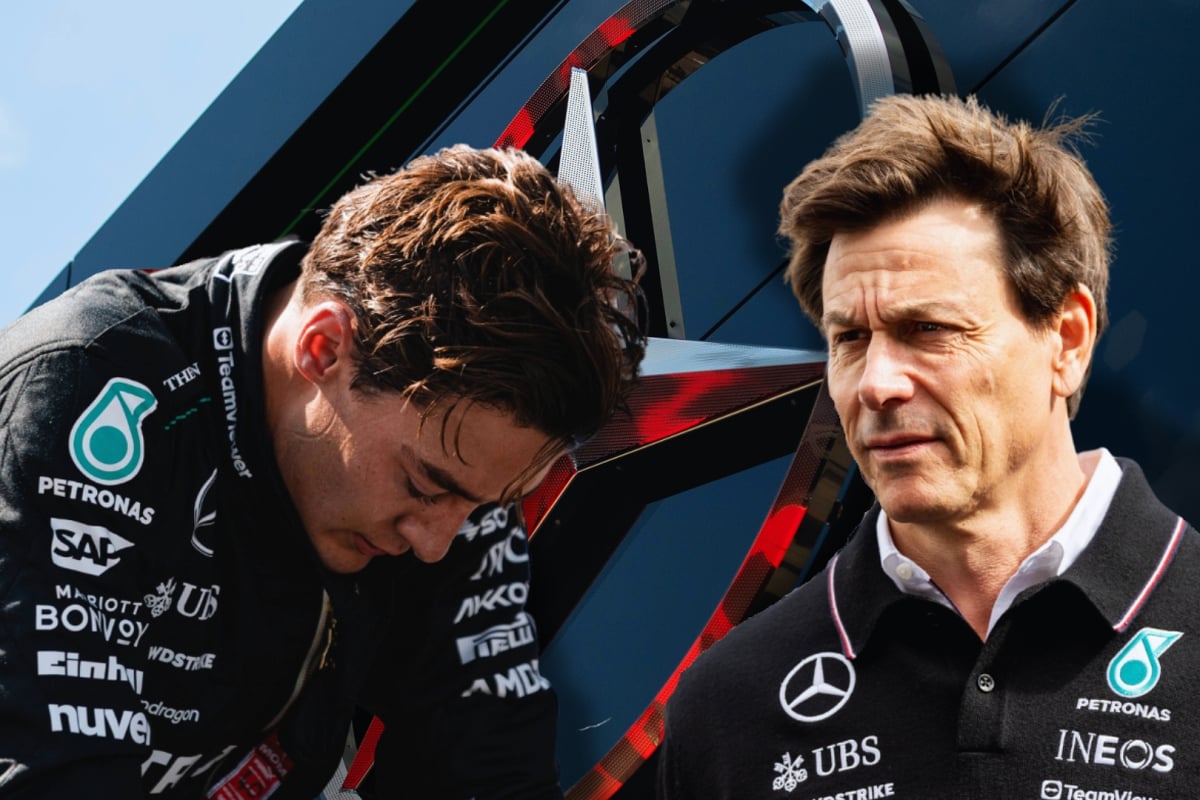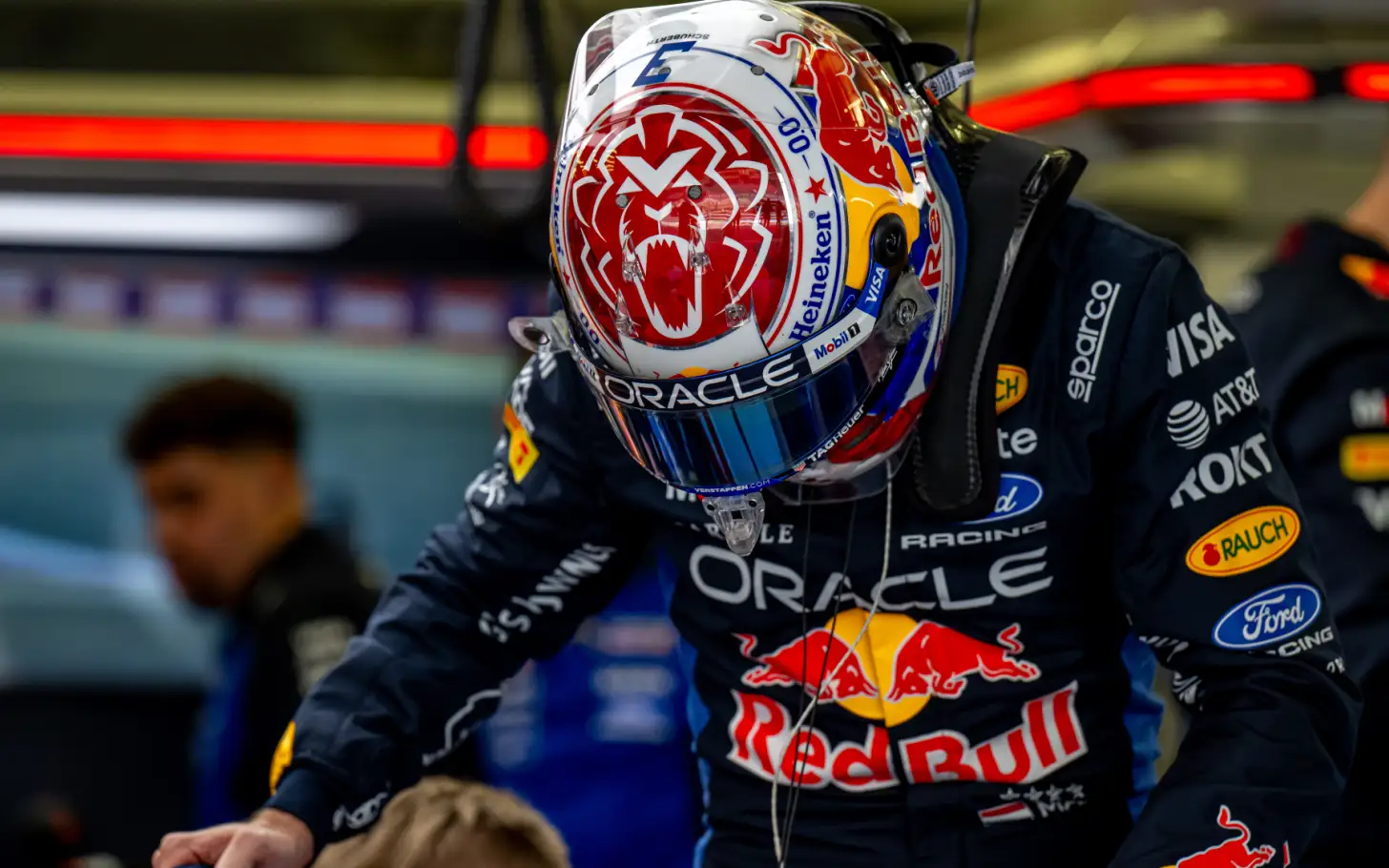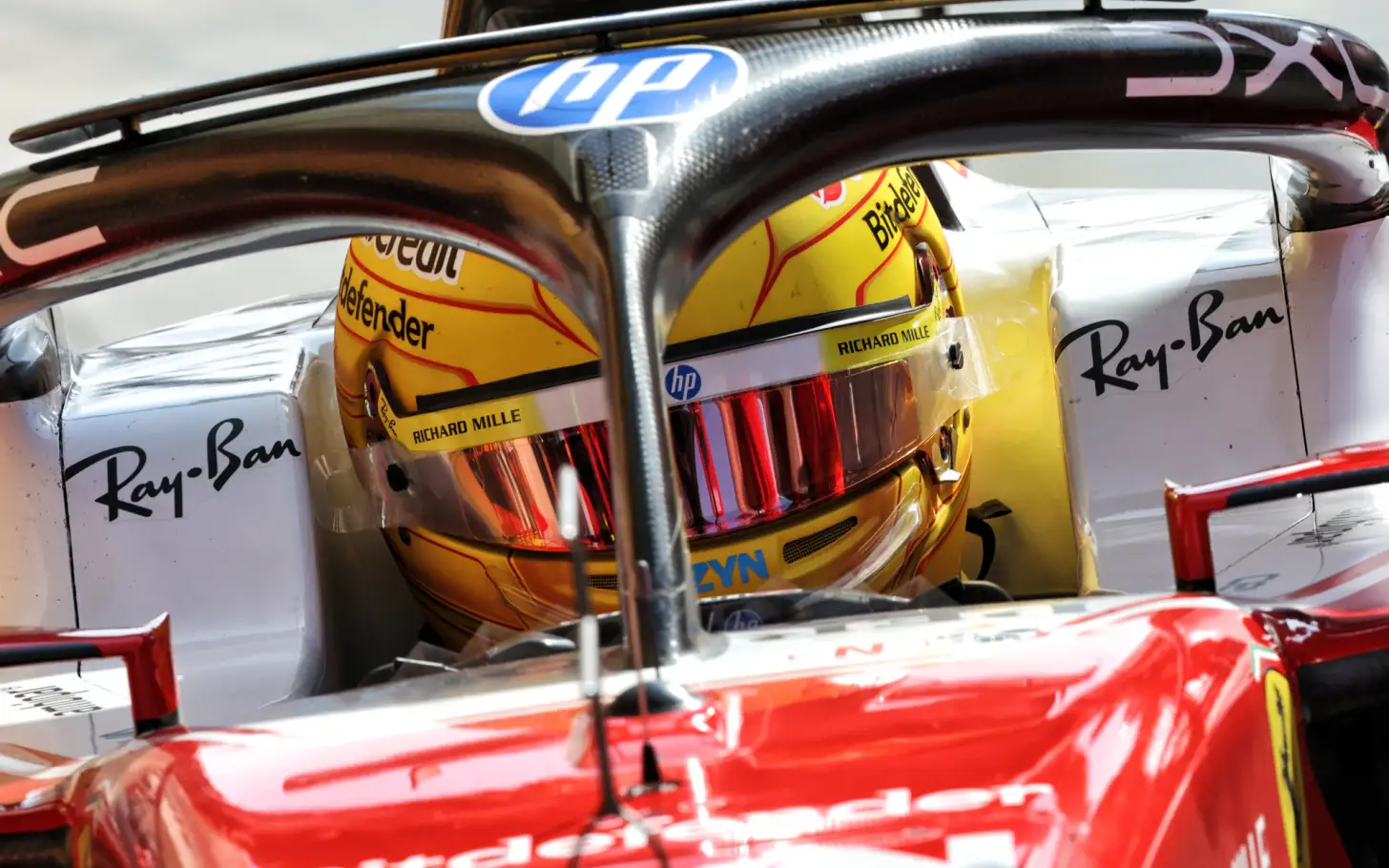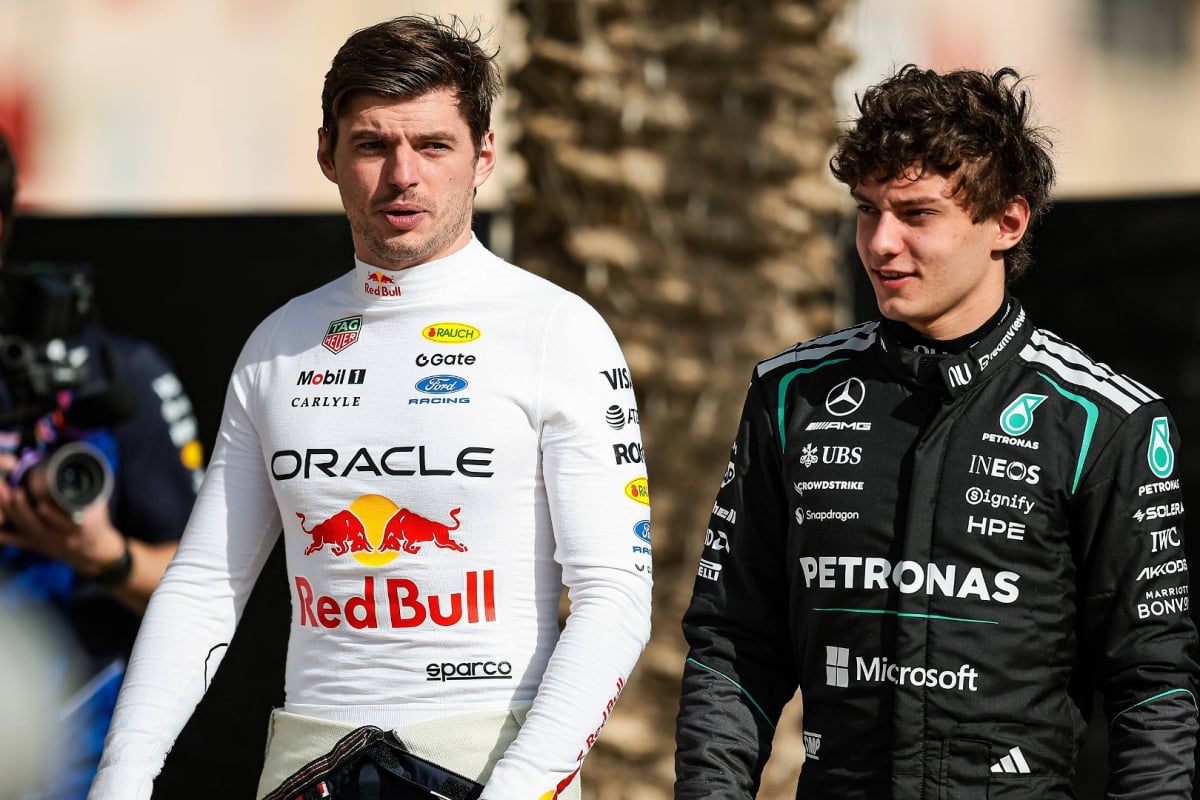FIA Confirms Risk of Race Ban for Max Verstappen Amid Rising Penalty Points — A Look Back at F1’s Most Notable Suspensions
Max Verstappen is currently on the brink of a race suspension as he sits with 11 penalty points on his FIA Super Licence — just one shy of the 12-point threshold that would trigger an automatic one-race ban. With the Canadian and Austrian Grands Prix approaching, the reigning four-time world champion must tread carefully. While such a sanction could be seen as a major blow to his 2025 title aspirations, history shows that even the sport’s greatest have faced similar setbacks and rebounded successfully.
Red Bull Racing will undoubtedly be urging Verstappen to drive with heightened discipline in the coming races. But a race ban doesn’t necessarily spell disaster for a championship bid. In fact, several Formula 1 icons have endured suspensions and still gone on to achieve greatness, proving that adversity can be a stepping stone rather than a roadblock. Let’s explore eight F1 drivers — from 1978 to today — who faced race bans under various circumstances, ranging from on-track aggression to administrative oversights.
Michael Schumacher (1994)
Schumacher, one of F1’s all-time greats, was banned for two races after disobeying race protocol at the 1994 British Grand Prix. He overtook Damon Hill during the formation lap and was handed a five-second stop-go penalty. His Benetton team chose to appeal and instructed him to continue racing. Despite being shown the black flag, Schumacher eventually pitted to serve the penalty — a move that led to his disqualification and a two-race ban. Despite this, he still secured the world championship that year, a hopeful parallel for Verstappen.
Nigel Mansell (1989)
At the Portuguese Grand Prix, Mansell was black-flagged after reversing into his pit box and making contact with his crew. Ignoring the disqualification signal, he returned to the track and collided with Ayrton Senna while attempting an overtake. This dangerous incident earned him a one-race suspension and a $50,000 fine, which he served during the Spanish Grand Prix.
Mika Hakkinen (1994)
Hakkinen received a suspended ban after a collision with Rubens Barrichello at Silverstone. When he was involved in another major crash at the very next race in Germany, his suspended penalty was activated, forcing him to miss the following Grand Prix.
Jacques Villeneuve (1997)
Villeneuve, en route to winning the 1997 title, was penalized for repeatedly ignoring yellow flags during practice at the Japanese Grand Prix — a serious safety violation. Though Williams appealed the ban and he raced, the appeal was later rejected, and the two points he earned for finishing fifth were stripped from his record.
Eddie Irvine (1994)
After triggering a four-car crash at the Brazilian Grand Prix by pushing Jos Verstappen off track, Irvine received a one-race ban. When Jordan appealed, the FIA increased the penalty to three races. Irvine subsequently missed the Pacific, San Marino, and Monaco Grands Prix.
Kevin Magnussen (2024)
Magnussen became the first modern F1 driver to receive a ban solely for accumulating 12 penalty points within a 12-month period. His final points came after a collision with Pierre Gasly in Italy. As a result, he was suspended from the Azerbaijan Grand Prix and was replaced by young driver Ollie Bearman.
Romain Grosjean (2012)
Grosjean was suspended for the Italian Grand Prix after a massive first-lap crash at Spa-Francorchamps, which involved Hamilton and Alonso. The FIA deemed his aggressive start to be the cause, and Lotus brought in reserve driver Jérôme d’Ambrosio for the following race.
Riccardo Patrese (1978)
Patrese was initially blamed for a tragic pile-up at the Italian Grand Prix, which resulted in Ronnie Peterson’s fatal injuries. Although later cleared of fault, pressure from fellow drivers led to him being banned from the subsequent U.S. Grand Prix.
While Verstappen’s situation is certainly precarious, history shows that even the best drivers have found themselves on the wrong side of FIA regulations. Many came back stronger and still achieved championship success. A race ban, while unfortunate, doesn’t have to define a season — or a legacy.



